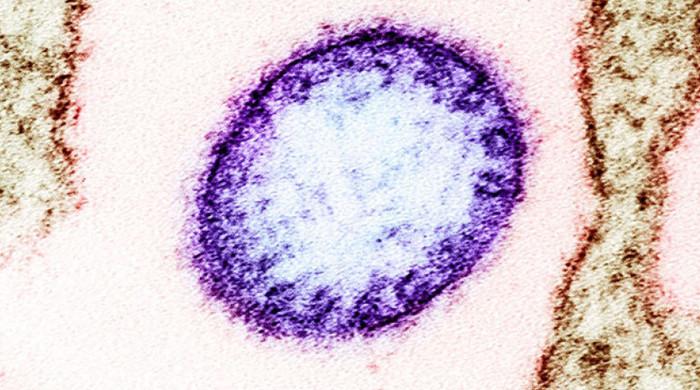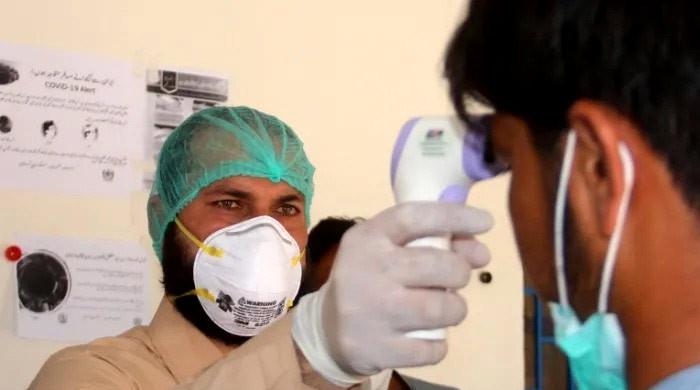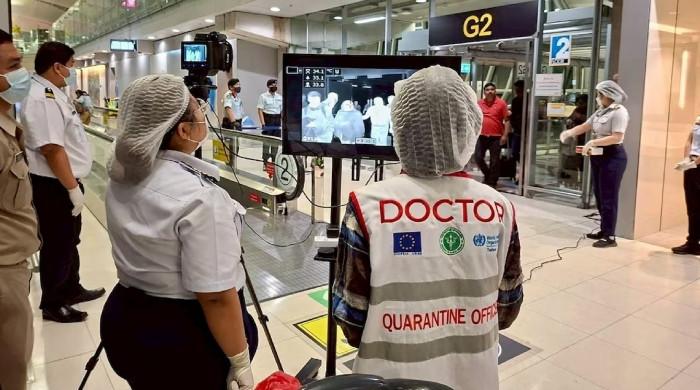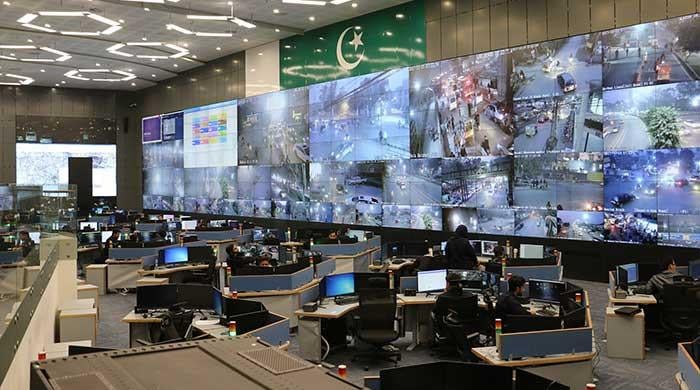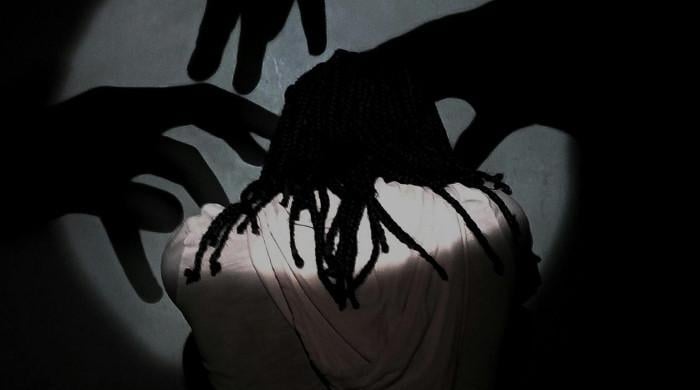Motor crash risk doubles with two less hours of sleep: study
A new study suggests that crash risk rises exponentially as number of hours slept decrease
December 06, 2016
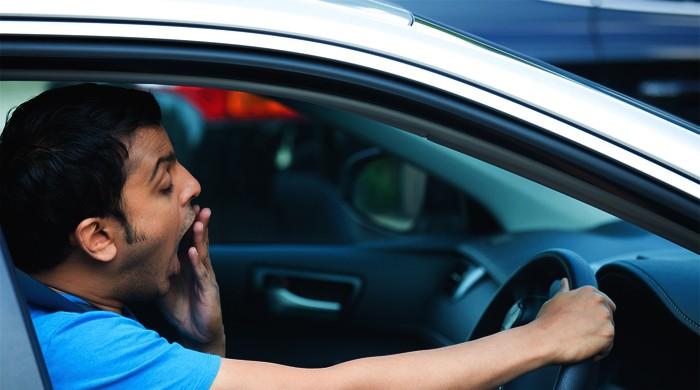
While many people believe that it is not a big issue to skip a few hours of sleep, a new research indicates that it is tantamount to twice the risk of a road crash the following day. The study – disclosed on Tuesday – was conducted by AAA Foundation for Traffic Safety.
It is not surprising that lack of sleep leads to lethargic mood the next day in all activities, which include driving as well. However, AAA Foundation senior research associate Brian Tefft explained that just an hour less than the advised seven-hour sleep routine has detrimental impact on driving, CNN reported.
In addition, AAA Traffic Safety Advocacy and Research director Jake Nelson said, “Failing to maintain a healthy sleep schedule could mean putting yourself or others on the road at risk.” This is supported by a 2010 study, which noted that approximately two of five drivers have fallen asleep while driving at some point in their lives.
As the hours of sleep a person gets at night decrease, the crash risk grows exponentially. Six to seven hours of sleep equate to 1.3 times the crash risk, while four to five hours equal 4.3 times the danger.
The study comprised more than 7,000 participants, and revealed that three to four hours of sleep a night bumps up the crash rate 11 times over people who had the recommended seven hours. Tefft commented that “the crash risk of a driver who has slept for only four to five of the past 24 hours is approximately quadruple the risk of a driver who has slept for the expert-recommended minimum of seven hours, similar to the crash risk of a driver who is legally intoxicated relative to a sober driver.”
Importantly, this is made even more worrisome with the fact that over 33% Americans get fewer than seven hours of sleep, according to the Centers for Disease Control and Prevention. The CDC went on to assert that sleep deprivation is a public health issue.
It is, therefore, okay to say that drunk driving and drowsy driving are not so different then. Nelson stated that signs of such driving behaviour are switching lanes abruptly, finding it challenging to keep eyes open on road, and being confused about the distance covered, USA Today reported. Accidents are even likelier due to prolonged reaction times.




